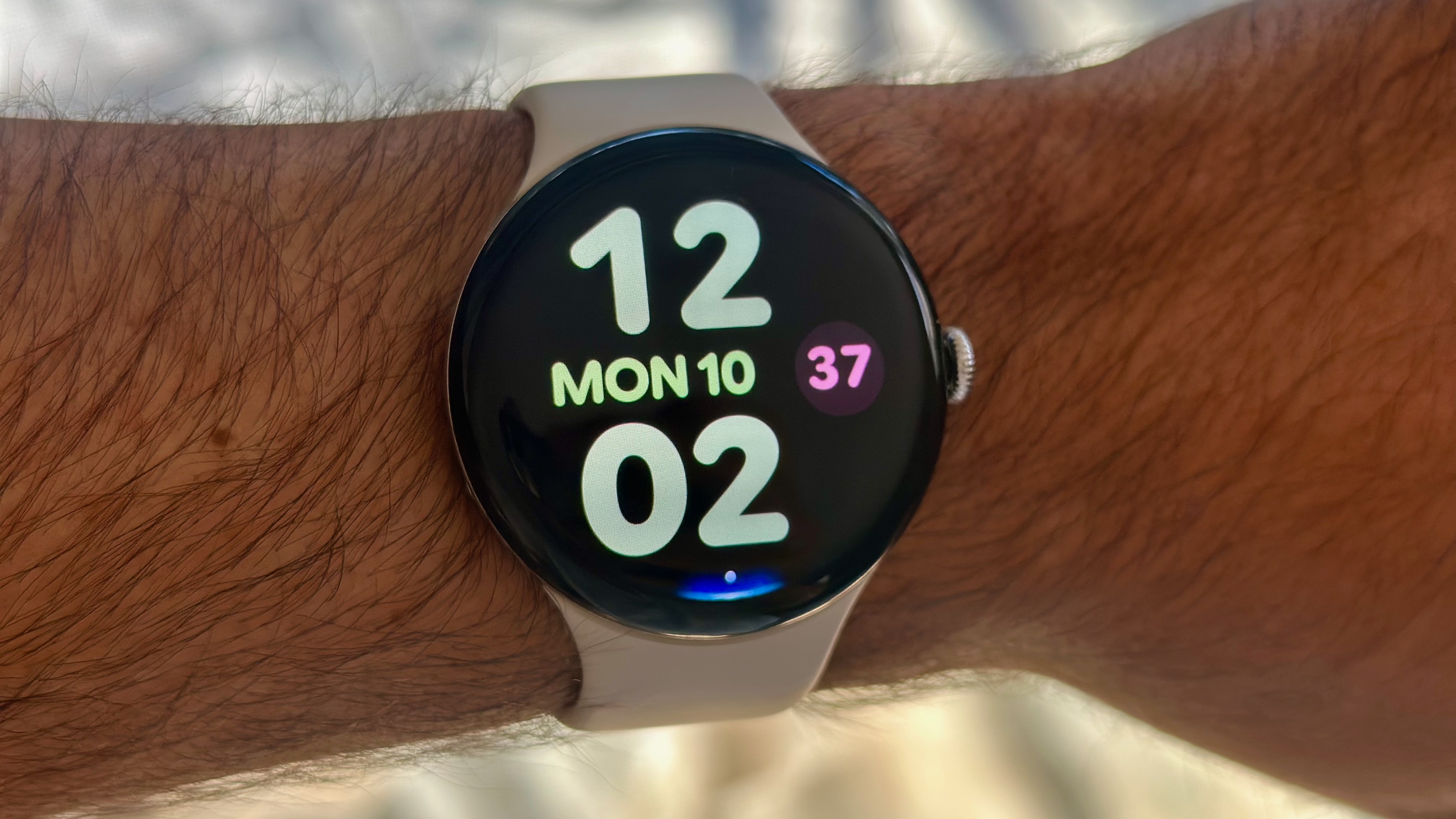Happy birthday to the PSVR 2, which has utterly failed to live up to its potential
I reviewed the PSVR 2 highly when it launched last February, but a lack of exclusives makes me more likely to use my Quest 3 instead.
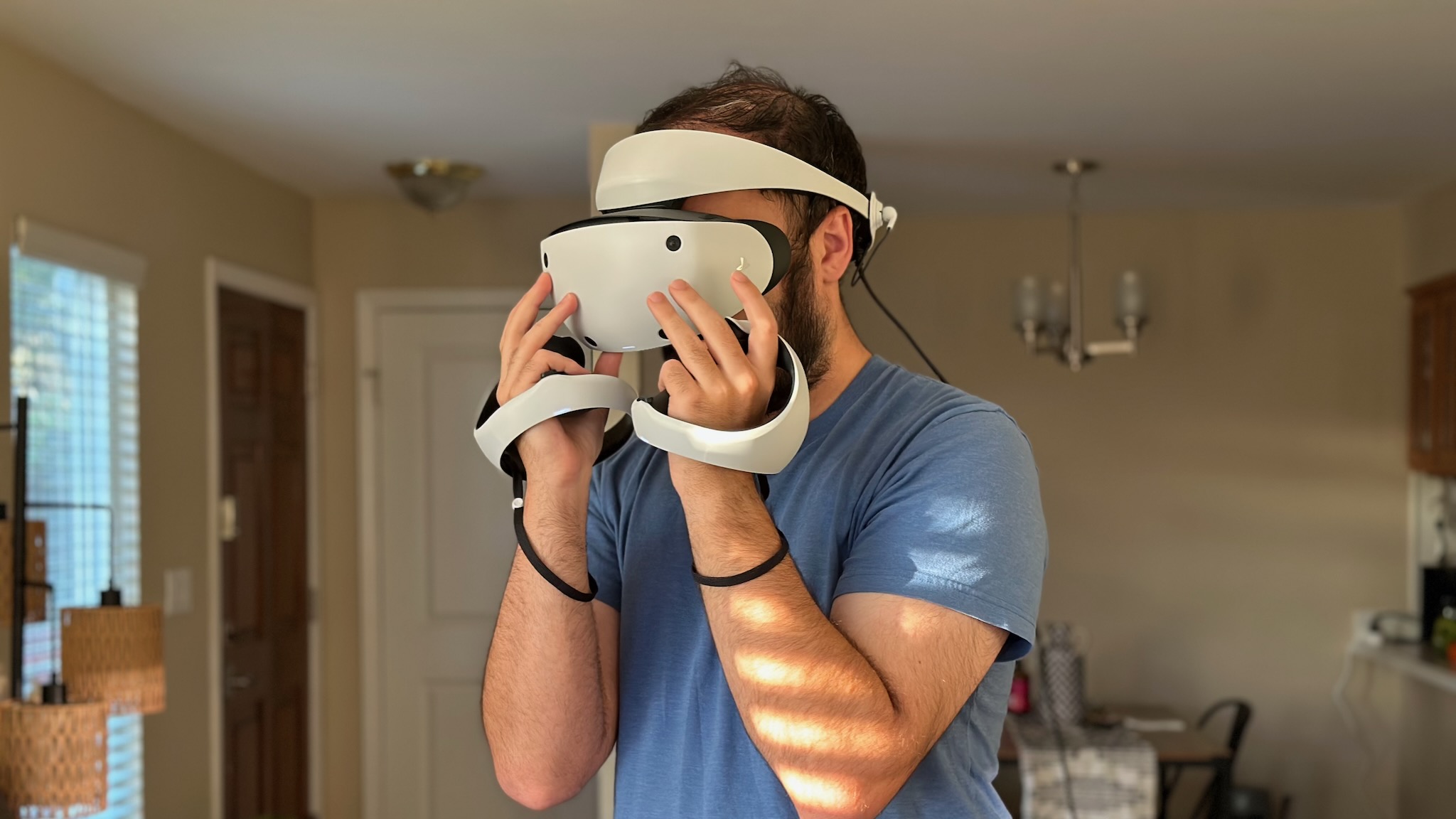
Sony launched the PSVR 2 on February 22, 2023, in pretty much ideal conditions. The aging Quest 2 and ancient Valve Index left impatient VR gamers in the right frame of mind for an upgrade, and the idea of PS5-powered experiences — with the graphics of PC VR but without the hassles and expenses — had us excited. But jump ahead one year later, almost no one talks about the PSVR 2 anymore, and for good reason.
Right now, everyone thinks of the VR space as either Apple vs. Meta or Apple vs. the world. With the Apple Vision Pro making waves, most tech brands are pivoting to "spatial" headsets. That includes Sony, which spent CES 2024 announcing a new XR headset for serious productivity and ignoring the PSVR 2 entirely.
When I reviewed the PSVR 2 last year, I praised the strong launch lineup, even if most games were revamped Meta Quest ports with better graphics and the added annoyance of a wire. My assumption at the time, though, was that Sony's "horde of valuable IP" would bring in more exclusives over time that Meta couldn't offer.
Horizon Call of the Mountain, Resident Evil 4 and 8, and Gran Turismo add up to a fairly strong year on paper — if you ignore the fact that three are VR ports of existing titles. Other exclusives like Synapse, Humanity, and Firewall Ultra came out to middling-to-solid reviews, and we haven't had a non-RE PSVR 2 exclusive since August 2023, as far as I'm aware.
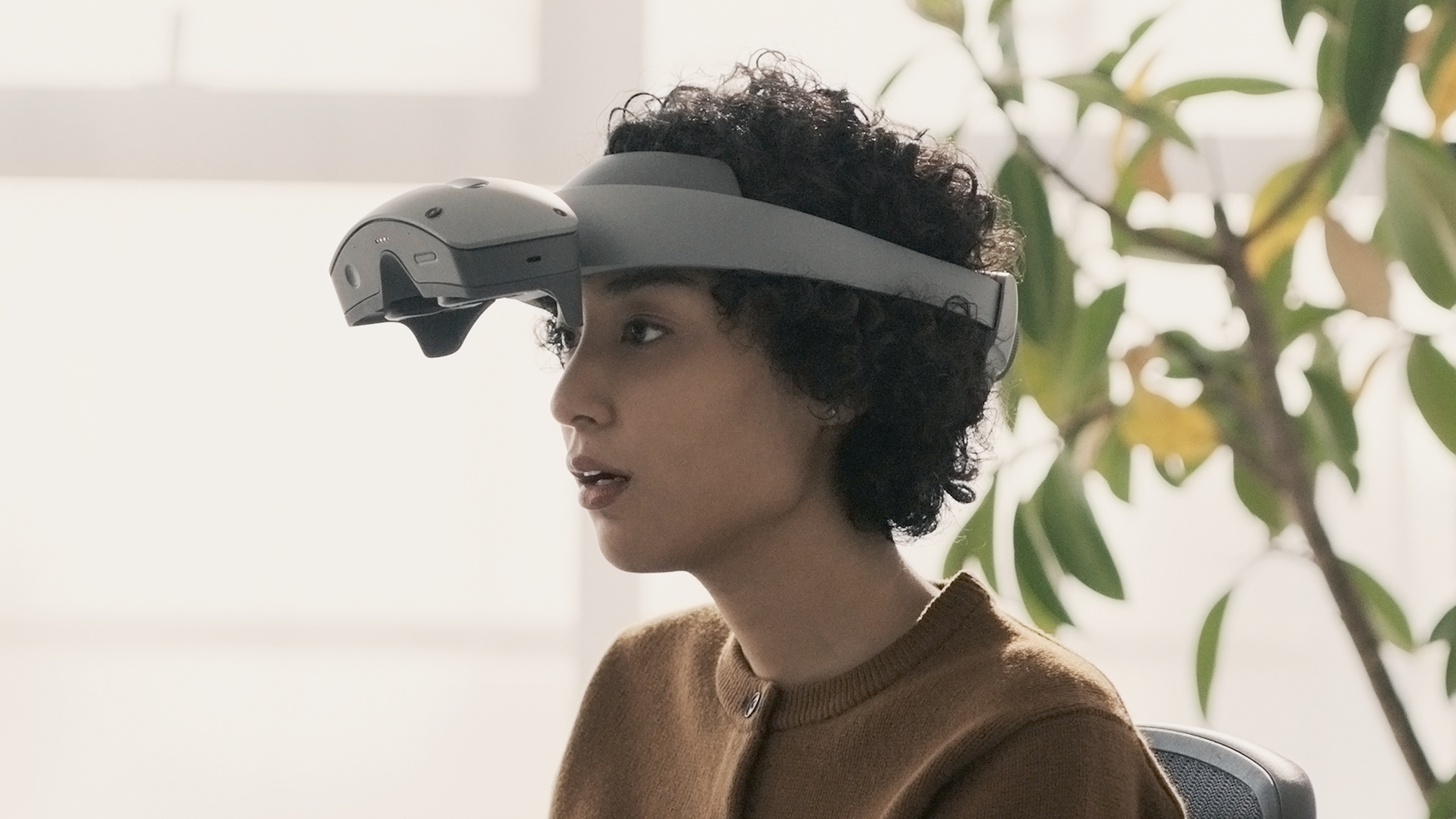
The real knife-in-the-guts moment, for me at least, was Sony's announcement a week ago that it won't release "any new major existing franchise titles next fiscal year" (per IGN). That means no potential VR spin-offs for titles like Spider-Man, Astro Bot, or God of War through mid-2025, either, unless Sony doesn't consider those to be "major." I'm not sure if that would be better or worse.
Right now, if I want to play a VR game, I pull out my Meta Quest 3, even if it's available on the PSVR 2 as well, and that's probably not going to change anytime soon. This has not been a good year for Sony's VR ambitions.
A less-than-stellar year
Looking back at the original PSVR, Sony Interactive developed 12 titles (mostly free-to-play demos) and published another 23 from other studios — 12 in the first year. Currently, Sony has published three PSVR 2 games and developed none, according to Wikipedia data, and I doubt we'll see much more in the PSVR 2's second year.
Get the latest news from Android Central, your trusted companion in the world of Android
It's hard not to feel like Sony itself isn't as invested in VR this generation; either that or Meta's Oculus Publishing initiative is more attractive to developers.
Beyond Sony's own efforts, more third-party developers experimented with VR during the PSVR's heyday. VR ports of Skyrim, Resident Evil 7, Star Wars Squadrons, Hitman III, Borderlands 2, and No Man's Sky Beyond make for an impressive list. You also saw some original spin-offs like Batman: Arkham VR, Doom VFR, Psychonauts in the Rhombus of Ruin, L.A. Noire: The VR Case Files, and Until Dawn: Rush of Blood that got "casual" gamers excited to put on a headset.
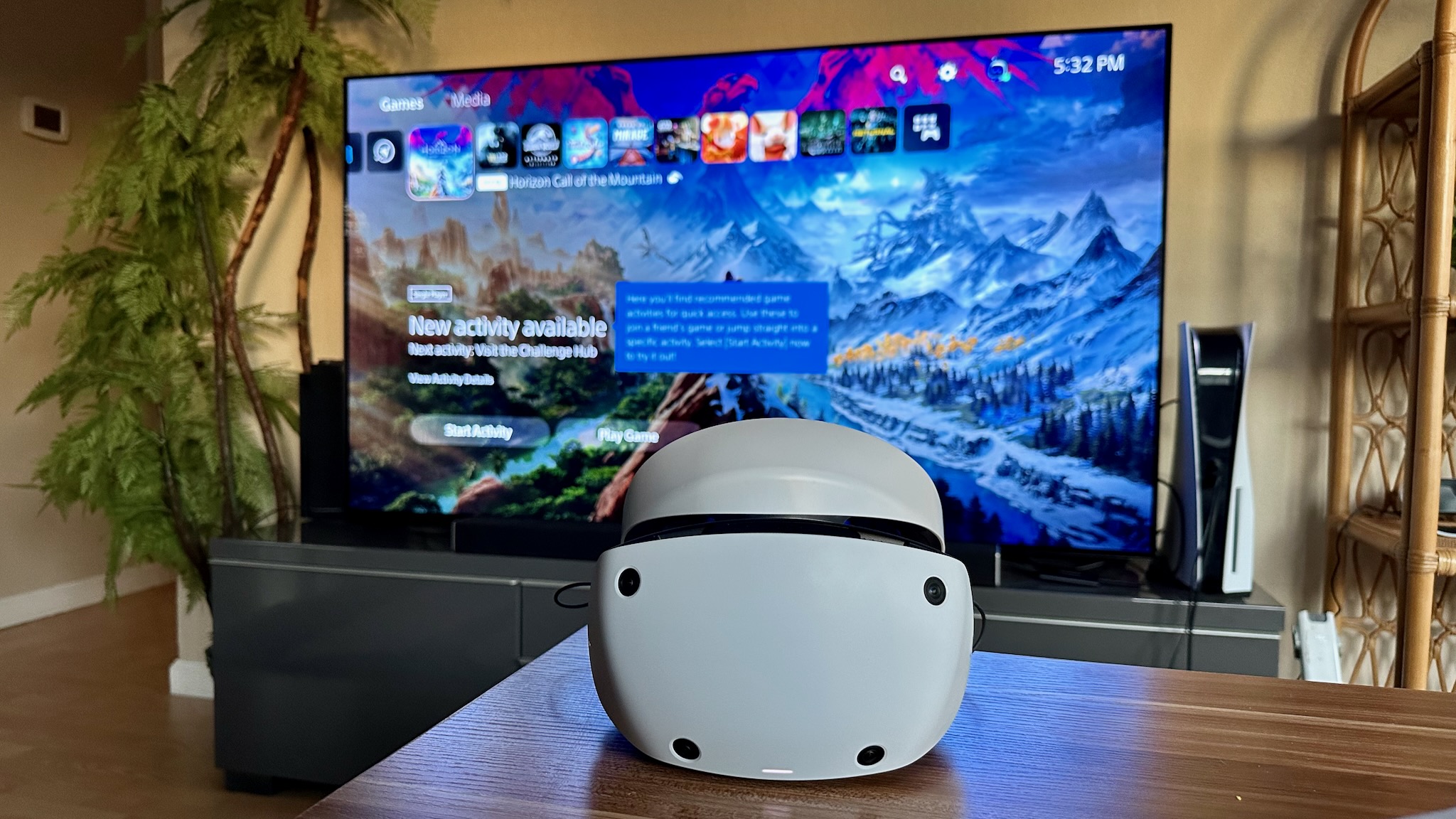
I'm not sure which specific franchises would give the PSVR 2 a boost; the PS5 is surprisingly light on first-person games. I personally think a God of War or FromSoftware game would convert well to VR, given how many great hack-and-slash games the Quest has. The same could apply to a FPS version of Returnal or The Last of Us — especially the latter with its slower-paced, visceral gameplay.
The PSVR 1 thrived thanks to buy-in from major devs. By the time the PSVR 2 launched, most of these devs had given up on VR as an unprofitable fad.
I think the bigger issue is best exemplified by Ubisoft's reaction to middling sales of Assassin's Creed Nexus VR. When major game devs make VR spin-offs of popular franchises that don't immediately sell in huge numbers, they pull back on VR investments, or abandon VR entirely as a fad.
The gaming industry in 2024 has become increasingly dependent on AAA or microtransaction-filled games, trying to maximize profits for shareholders while laying off thousands of employees. In this climate, experimental AA games with a shorter profit ceiling don't make much sense, even if the Quest Store has earned smaller devs $2 billion in profits so far.
That means Sony can't pack its headset with exclusives and well-known IPs, a strategy that made the original PSVR so tempting. Meanwhile, devs like Ubisoft and Capcom, which are still invested in VR, willingly downgrade their games graphically to get them on the Quest.
Overshadowed by the Quest 3
If you compare the Quest 3 vs. the PSVR 2 in raw specs, you see how Meta made some innovations that immediately made Sony's headset feel a bit outdated.
Sony's thicker fresnel lenses make the PSVR 2 more front-heavy with a noticeable sweet spot, while the Quest 3 is lighter and thinner with a better peripheral view thanks to its pancake lenses. Also, the PSVR 2 OLED display has about 400 fewer pixels per inch or five fewer pixels per degree than the Quest 3's LCD, though it does have richer colors.
Even though I liked the PSVR 2's passthrough when it launched — especially the dedicated button for it — the Quest 3's richer, full-color passthrough supplanted it. I'm not saying Sony should have added mixed-reality tech to a wired headset, but I still prefer the Quest for checking my surroundings.
To Meta, the Quest 3 is its only hardware priority. To Sony, the PSVR 2 is an accessory, not a console.
On the other hand, I prefer the PSVR 2's halo strap to Meta's default cloth strap, plus perks like foveated rendering and not having to worry about the Quest 3's poor battery life work well in Sony's favor. But despite all that, the Quest 3's wireless design means not restricting myself to gaming in the living room, with fitness-focused games that Sony doesn't offer.
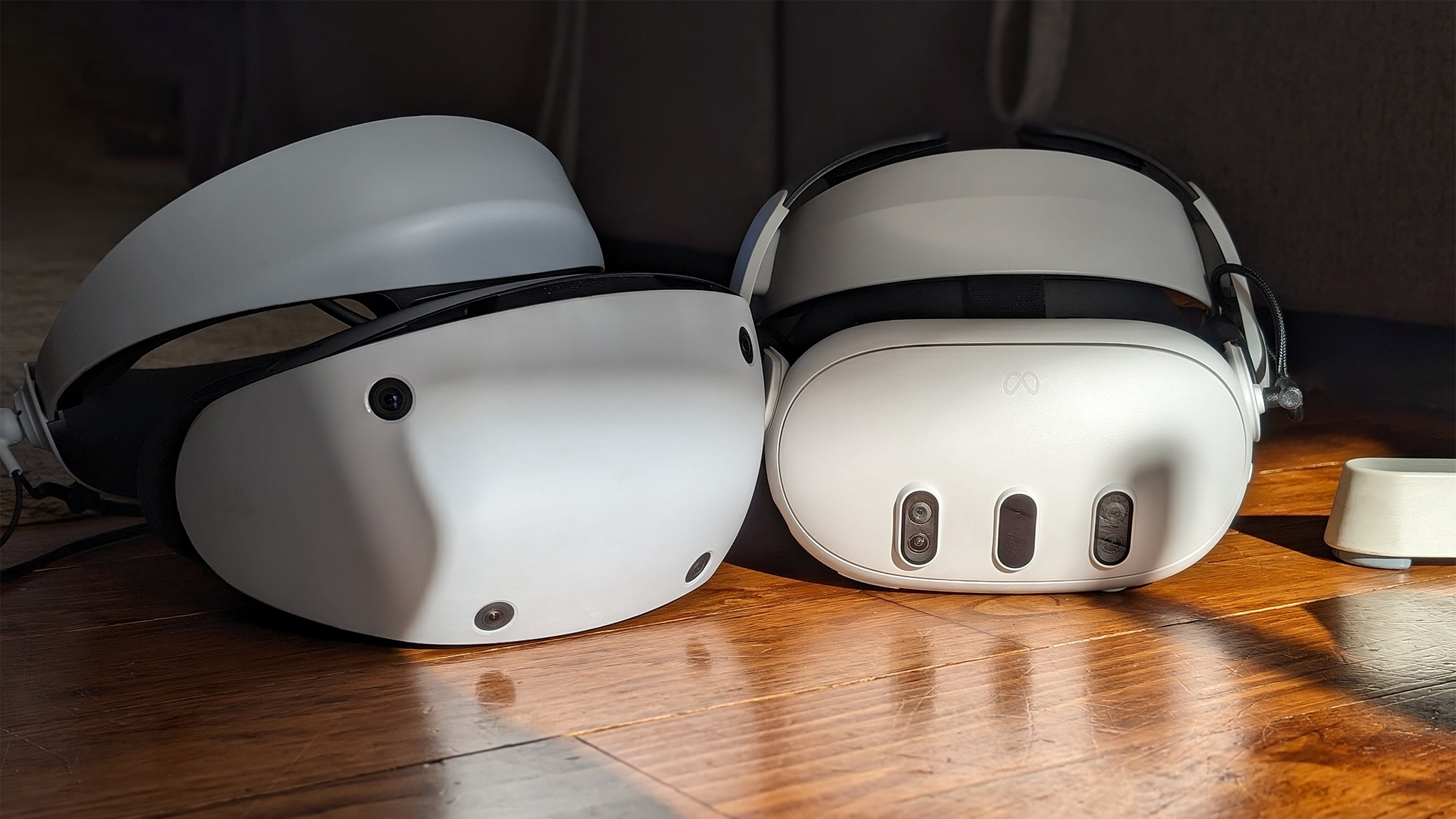
We don't have unit sales numbers, but public Amazon data over the holidays showed that the Quest 3 massively outsold the PSVR 2, helping Meta earn about $1 billion in combined Quest 2/3 sales from October to December.
Aside from the Quest 3 being the shiny new device, Meta and its Reality Labs are clearly all-in on VR development, giving its headsets regular feature updates and spending billions on R&D for new tech like the Quest 4 and a brain signal-reading wristband controller.
Contrast that with how Sony has barely mentioned the PSVR 2 since launch, usually reserving only five minutes or so of its State of Play livestreams for VR games. Because to Sony, the PSVR 2 isn't a console; it's an accessory.
Hoping for a better 2024
Sony celebrated its one-year anniversary with a blog post highlighting a few upcoming titles like Metro Awakening and Zombie Army VR, while surprising everyone with the news that it intends to add PC VR support to the headset sometime this year.
This, at least, finally makes it clear that Sony does intend to keep updating the headset in some capacity for diehard VR gamers, even if it's not at the same frequency or scale as Quest 3 updates. But it still feels like too little, too late, with Sony's real focus most likely on its new Vision Pro-challenging XR headset.
I only called the PSVR 2 "worth the high price" in my 2023 review because I had visions of Sony realizing VR's true gaming potential. It had shed the first PSVR's weird camera controller issues and last-gen graphics. It delivered some stunning PS5-quality VR graphics, while the Meta Quest's games looked straight out of the PS2 era. I assumed that the best was yet to come.
And hey, maybe it is, if you're a fan of VR shooters like Metro Awakening. And we can hope Sony has more major VR announcements hidden up its sleeve. My guess, though, is that the PSVR 2's second year will have very few highlights and exclusives. And that's pretty damn disappointing.

Michael is Android Central's resident expert on wearables and fitness. Before joining Android Central, he freelanced for years at Techradar, Wareable, Windows Central, and Digital Trends. Channeling his love of running, he established himself as an expert on fitness watches, testing and reviewing models from Garmin, Fitbit, Samsung, Apple, COROS, Polar, Amazfit, Suunto, and more.
